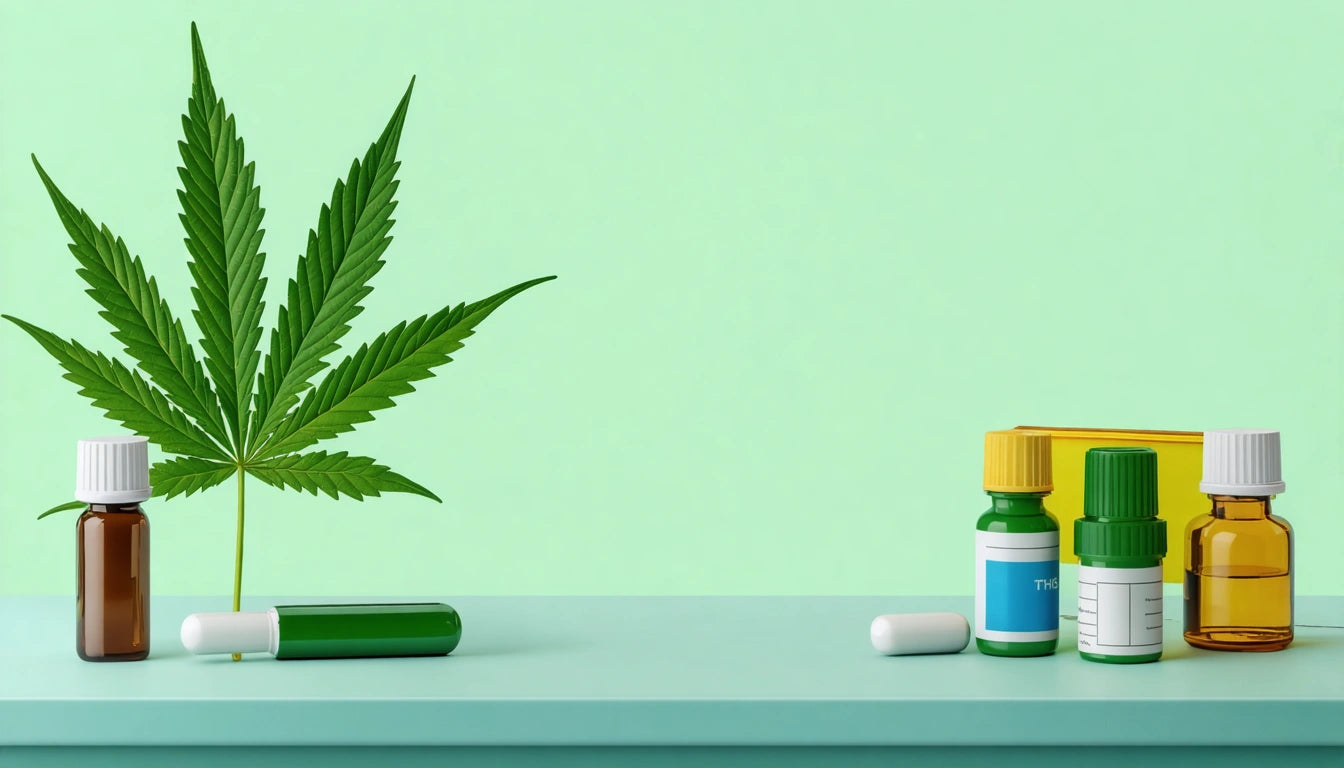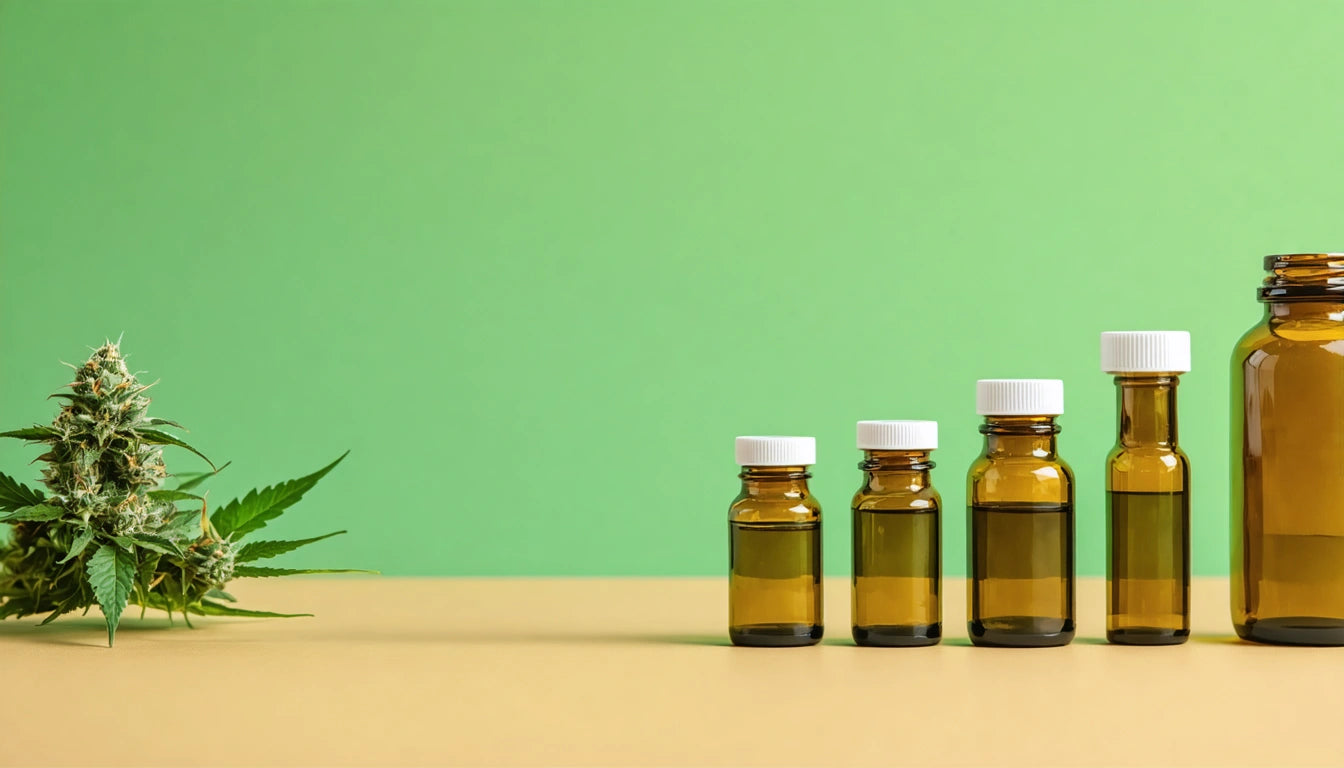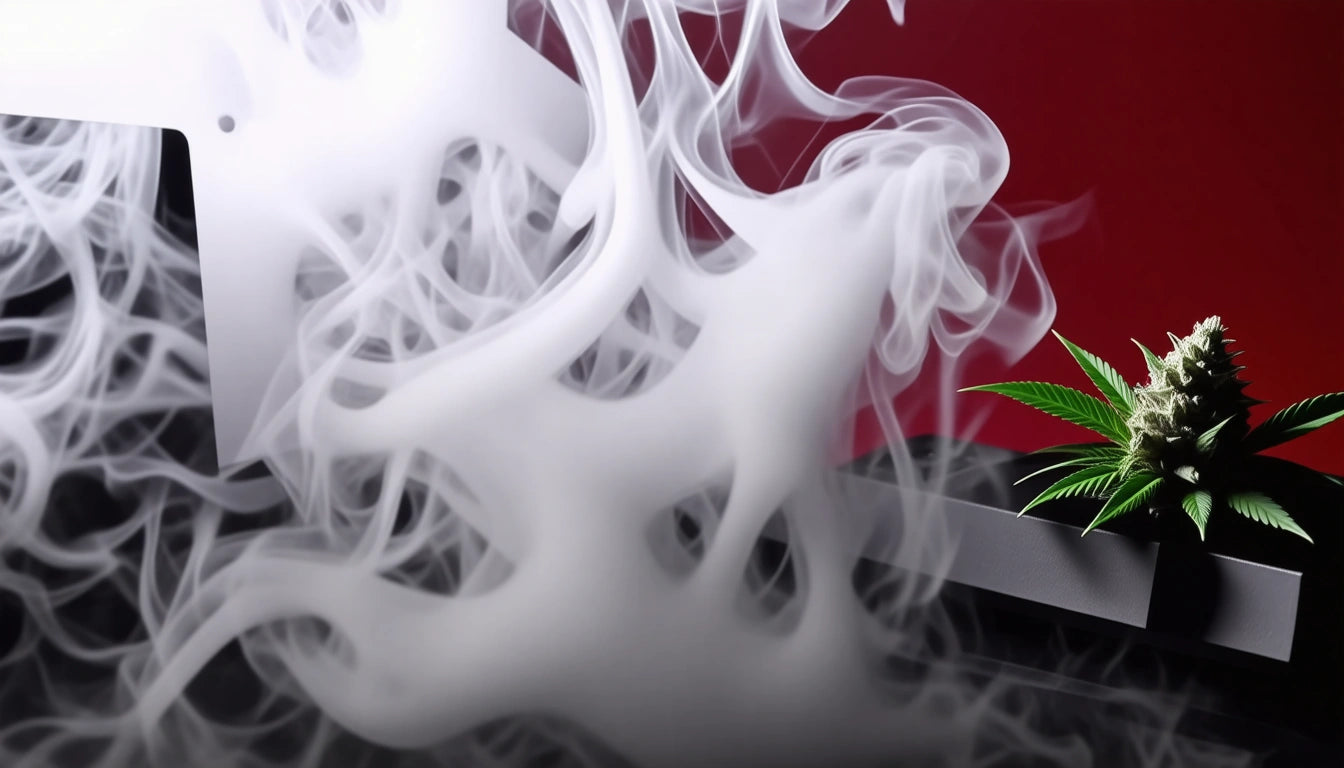Table of Contents
How Long Does THC Stay Detectable in Drug Tests?
Understanding how long THC remains detectable in your system is crucial for anyone who may face drug testing. Whether for employment, legal compliance, or personal knowledge, knowing the detection windows for different test methods can help you make informed decisions about cannabis consumption.
THC Detection Basics: Understanding Metabolites
When cannabis is consumed, THC (tetrahydrocannabinol) enters the bloodstream and is metabolized by the liver into various compounds. The primary metabolite that drug tests screen for is THC-COOH (11-nor-9-carboxy-THC), which can remain in your system long after the psychoactive effects have worn off.
Unlike alcohol, which metabolizes at a relatively consistent rate, THC and its metabolites are fat-soluble. This means they bind to fat molecules in your body, potentially extending detection times compared to water-soluble substances.
Detection Windows for Different Test Types
Urine Tests
Urine tests are the most common method of THC screening. According to detailed research on THC detection in urine, detection windows vary significantly based on usage patterns:
- Single use: 3-5 days
- Moderate use (4 times/week): 5-7 days
- Daily use: 10-15 days
- Heavy, chronic use: 30+ days
Blood Tests
Blood tests detect active THC rather than metabolites, making them better indicators of recent use. THC blood test detection windows are typically shorter:
- Single use: 1-2 days
- Regular use: 7-10 days
- Heavy, chronic use: Up to 30 days
Saliva Tests
Oral fluid tests are becoming increasingly common due to their non-invasive nature and ability to detect very recent use. THC in saliva typically remains detectable for:
- Single use: 24-48 hours
- Regular use: 1-3 days
- Heavy use: Up to 7 days
Factors Affecting How Long THC Remains Detectable
Several factors influence how long you will test positive for THC:
Body Composition
Since THC metabolites are stored in fat cells, individuals with higher body fat percentages may retain THC longer. This is one reason why detection windows can vary significantly between individuals with different body compositions.
Metabolism Rate
Your metabolic rate affects how quickly your body processes and eliminates THC. Factors like age, activity level, and certain health conditions can influence metabolism and subsequently how long it takes for THC to leave your system.
Potency and Consumption Method
Higher-potency products and methods that deliver more THC to your system (like dabbing concentrates) may result in longer detection windows compared to lower-potency flower. For those concerned with precise measurements, accurate digital scales for dosage control can help users monitor their consumption more carefully.
Frequency of Use and Metabolism Considerations
How often you consume cannabis significantly impacts detection times. This is particularly important when considering how long THC shows up on a drug test:
Occasional Users
Those who consume cannabis infrequently (once a month or less) typically clear THC from their systems much faster. For these individuals, most tests will return to negative within a week.
Regular Users
Regular users (several times weekly) experience what's known as "accumulation effect" where THC builds up in fat stores faster than it can be eliminated, extending detection windows significantly.
Daily/Chronic Users
For daily users, THC metabolites can be detected for extended periods, particularly in urine tests. Some chronic users may test positive for 45-90 days after cessation, though this is relatively rare.
Testing Thresholds and Cutoff Levels
Understanding test sensitivity is crucial when determining how long to pass a 50ng THC test or other standard screenings:
Standard Cutoff Levels
- Urine tests: Typically 50 ng/mL for initial screening, 15 ng/mL for confirmatory tests
- Blood tests: Usually 1-5 ng/mL depending on jurisdiction
- Saliva tests: Generally 4-10 ng/mL
These thresholds matter because they determine what constitutes a "positive" result. Some individuals might have detectable THC below these cutoffs and still pass their tests.
Preparation Strategies for Upcoming Drug Tests
If you're wondering how long it takes to test negative for THC, consider these evidence-based approaches:
Abstinence Timeline
The most reliable method is complete abstinence. Based on your usage pattern, you can estimate when you're likely to test clean:
- Light users: Allow 3-7 days
- Moderate users: Allow 10-14 days
- Heavy users: Allow 30+ days
- Chronic, long-term users: Allow 45-90 days
Hydration and Exercise
While no method can guarantee faster elimination, staying well-hydrated and engaging in regular exercise may support your body's natural detoxification processes. However, avoid exercise in the 24 hours before a urine test, as this can potentially release stored THC from fat cells.
Understanding THC and drug testing fundamentals empowers users to make informed decisions about their cannabis consumption relative to potential testing situations.











Leave a comment
All comments are moderated before being published.
This site is protected by hCaptcha and the hCaptcha Privacy Policy and Terms of Service apply.